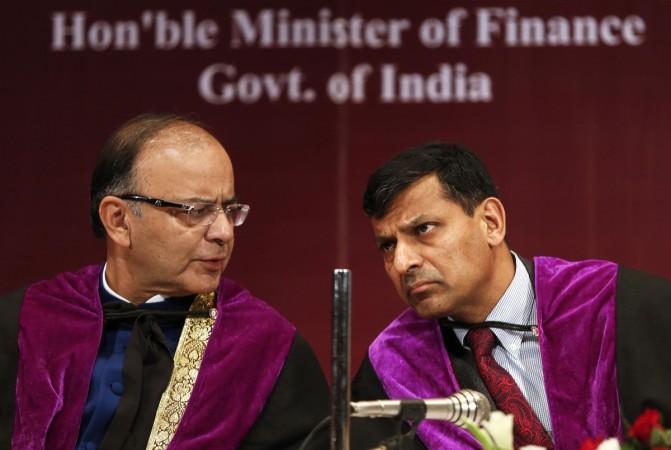
The Asian Development Bank (ADB) remains positive on India's economic growth in the next two fiscal years and estimates the country's growth rate to exceed that of China.
India's gross domestic product (GDP) is likely to grow 7.8 percent in the fiscal year 2015-2016 and accelerate to 8.2 percent in 2016-2017, the ADB said in its annual report, the Asian Development Outlook (ADO), released on Tuesday.
The bank forecasts China's GDP growth to slow down to 7.2 percent in 2015-2016 and 7 percent in 2016-2017. China recorded a growth of 7.4 percent in 2014. The Chinese government has set a growth target of 7 percent for the current year.
"India is expected to grow faster than the People's Republic of China in the next few years. The government's pro-investment attitude, improvements in the fiscal and current account deficits, and some forward movement on resolving structural bottlenecks have helped improve the business climate and make India attractive again to both domestic and foreign investors," ADB Chief Economist Shang-Jin Wei said.
However, according to Indian government estimates, the GDP is expected to grow by 8.1-8.5 percent next fiscal. The International Monetary Fund (IMF) projects India to grow by 7.5 percent in 2015-2016.
The ADB says that the foremost policy challenge for India lies in building cities that would promote economic growth and jobs.
"To fully reap the benefits of urbanisation, the government must make further efforts to coordinate urban and industry planning to attract industries into cities, and provide the necessary supporting infrastructure," it said.
On the other hand, the Chinese economy continues to show signs of decelerating activity due to weakening domestic demand and falling consumer prices. Many analysts expect the growth rate of world's second largest to be below the official target for 2015.
"The pace of the growth moderation in the People's Republic of China (PRC) is in line with our expectations while the stage is set for India to pursue reform that could unlock its growth potential." DB Deputy Chief Economist Juzhong Zhuan said.

















